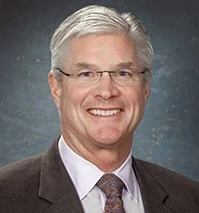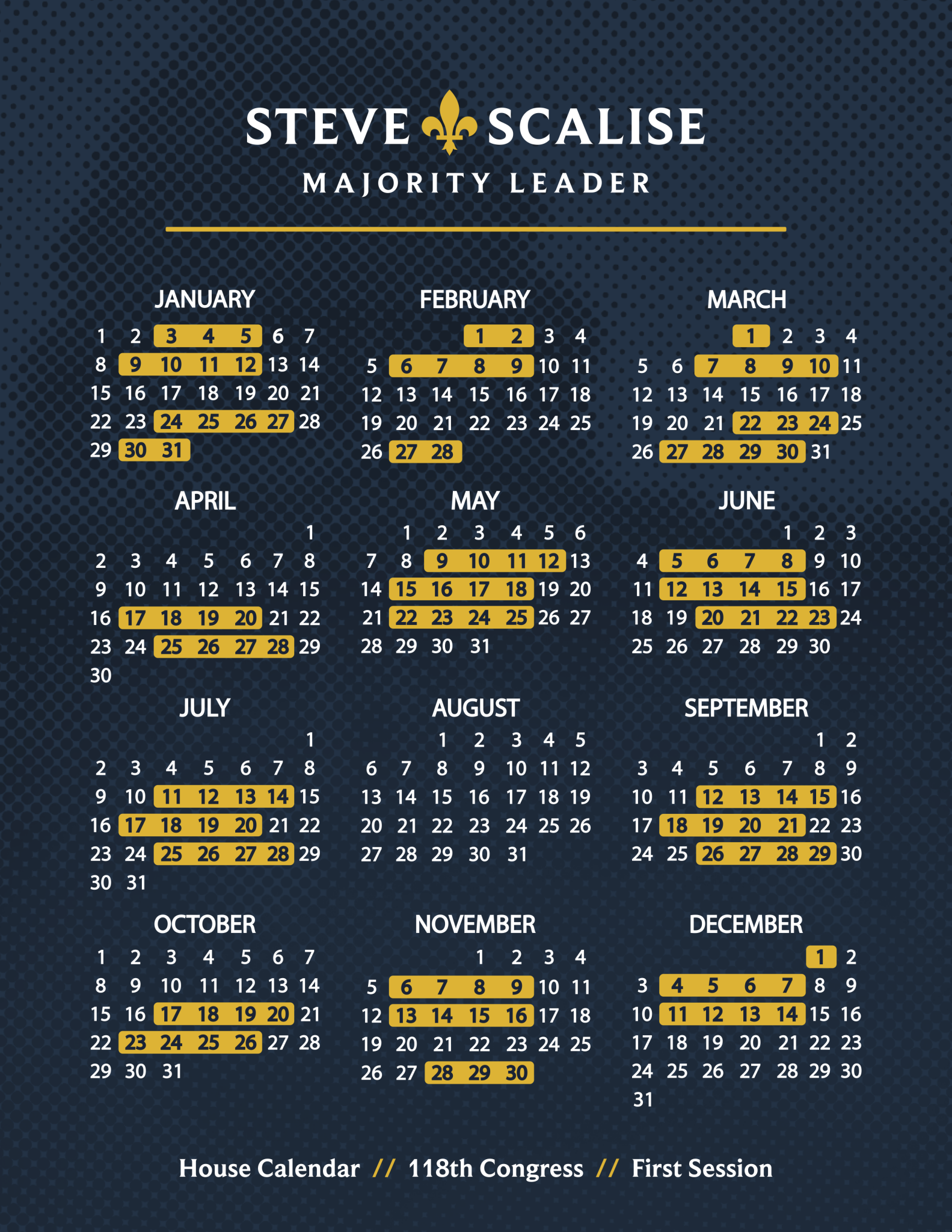Table Of Content

This agreement was part of what is called The Great Compromise which, in turn, led to the Permanent Seat of Government Act establishing the nation’s federal capital in Washington, DC. The makeup of the Rules Committee has traditionally been weighted in favor of the majority party, and has been in its current configuration of 9 majority and 4 minority members since the late 1970s. Enter your ZIP code in the banner of this page to find the representative for your congressional district. [T]he constitutional prerogative of the House has been held to apply to all the general appropriations bills, and the Senate's right to amend these has been allowed the widest possible scope.
List Of House Majority Leaders

The number rose following the ratification of the Constitution by North Carolina and Rhode Island in 1790; the first Congress (1789–91) adjourned with 65 representatives. Two additional representatives were added temporarily after the admission of Alaska and Hawaii as states in 1959, but at the next legislative apportionment, membership returned to 435, the number authorized by a law enacted in 1941. Majority leaders are selected every two years through a secret ballot or caucus process that is held at the beginning of each new Congressional session.
What Does The House Majority Leader Do?
Herzberg said he's excited to start moving Democratic priorities once he's sworn in as a state lawmaker. "The new majority gives room for Democrats to move forward several pieces of legislation regarding labor, healthcare and so much more that [affect] working families," he said in a Facebook post. Democrat Mai Xiong — a current Macomb County commissioner — won the 13th state House District's special election with 65% of the vote against Republican Ronald Singer who secured 34% of the vote to represent part of Detroit and part of Warren, according to unofficial results. Because the local districts tend to lean Democratic or Republican, the results of the primary elections can have a large sway on the race. He is one of a handful of Republican representatives serving in districts that Biden won in 2020. At the state level, Democrats are hoping to hold on to their majority in the state House and take control of the state Senate.
How many members are in the House of Representatives?
The organization and character of the House of Representatives have evolved under the influence of political parties, which provide a means of controlling proceedings and mobilizing the necessary majorities. Party leaders, such as the speaker of the House and the majority and minority leaders, play a central role in the operations of the institution. A look at one minority leadership strategy—partisan opposition—may suggest why it might be employed in specific circumstances. The purposes of obstruction are several, such as frustrating the majority party's ability to govern or attracting press and media attention to the alleged ineffectiveness of the majority party.

After serving as the Democratic whip alongside Speaker Pelosi and the majority leader, Steny Hoyer, Clyburn, 82, decided to remain in leadership even as they stepped aside, though at a lower rank. Elected by acclamation, Clark will become the highest-ranking woman in House Democratic politics. As the party’s top vote-counter, her main task for the next two years will probably be to keep Democrats aligned in opposition to Republican-backed legislation, rather than whipping them in favor of bills. The speaker is the presiding officer of the House but does not preside over every debate.
Thus, with its potential to frustrate presidential appointments, the Senate is more powerful than the House. The minority party develops alternatives and agendas of its own and attempts to construct winning coalitions on their behalf.
House Republican Leadership News Conference February 14, 2024 - C-SPAN
House Republican Leadership News Conference February 14, 2024.
Posted: Wed, 14 Feb 2024 08:00:00 GMT [source]
This latter committee, created in the 110th Congress and reauthorized for the 111th, has no jurisdiction over legislation and must be chartered anew at the start of every Congress. The House also appoints members to serve on joint committees, which include members of the Senate and House. Some joint committees oversee independent government bodies; for instance, the Joint Committee on the Library oversees the Library of Congress. Other joint committees serve to make advisory reports; for example, there exists a Joint Committee on Taxation.
After a census is taken (in a year ending in 0), the year ending in 2 is the first year in which elections for U.S. House districts are based on that census (with the Congress based on those districts starting its term on the following January 3). As there is no legislation at the federal level mandating one particular system for elections to the House, systems are set at the state level.
Since the speaker is a partisan officer with substantial power to control the business of the House, the position is often used for partisan advantage. Speakers serve as chairs of their party's steering committee, which is responsible for assigning party members to other House committees. The speaker chooses the chairs of standing committees, appoints most of the members of the Rules Committee, appoints all members of conference committees, and determines which committees consider bills. In the instance when the Presidency and both Houses of Congress are controlled by one party, the Speaker normally assumes a lower profile and defers to the President. For that situation the House Minority Leader can play the role of a de facto "leader of the opposition", often more so than the Senate Minority Leader, due to the more partisan nature of the House and the greater role of leadership.
Minority leaders may engage in numerous activities to publicize their party's priorities and to criticize the opposition's. From an institutional perspective, the rules of the House assign a number of specific responsibilities to the minority leader. The minority leader also has other institutional duties, such as appointing individuals to certain federal entities. The Democratic Legislative Campaign Committee (DLCC) — the Democratic Party's campaign arm for state legislative races — heralded the restoration of a Democratic majority in the state House. "With tonight's wins, Speaker Joe Tate and the Democratic majority can continue Democrats’ important progress in Michigan," said the committee's President Heather Williams in a statement. President Joe Biden's presidential campaign also celebrated the results of the special state House elections.
Minority Leaders who have played prominent roles in opposing the incumbent president have included Gerald Ford, Richard Gephardt, Nancy Pelosi, and John Boehner. From a party perspective, the minority leader has a wide range of partisan assignments, all geared toward retaking majority control of the House. Their departures from the Michigan Legislature left Democrats without a majority in the lower chamber with Democrats and Republicans each holding 54 seats. Now with Xiong and Herzberg joining the state House, Democrats will soon return to having a razor-thin, one-vote majority to pass any legislation that encounters united GOP opposition. The Majority Leader of the House of Representatives announces bills that will be considered under suspension of the rules in that chamber.
Here’s a look at the highest-ranking members of the Republican and Democratic leadership for the 118th Congress. Representatives of the House are addressed as “The Honorable,” before their names, or as congressman, congresswoman, or representative. Given the shortcomings of the government created by the Articles of Confederation, the framers soon realized that a bicameral legislature at the national level would foster a more representative central government. The U.S. House of Representatives is the lower house of Congress and plays a vital role, along with the Senate, in the process of moving proposed legislation to law. The bicameral relationship between the two bodies is vital to the American system of checks and balances that the Founding Fathers of the United States envisioned when writing the U.S. The House of Representatives is part of the Legislative branch of government.
No comments:
Post a Comment